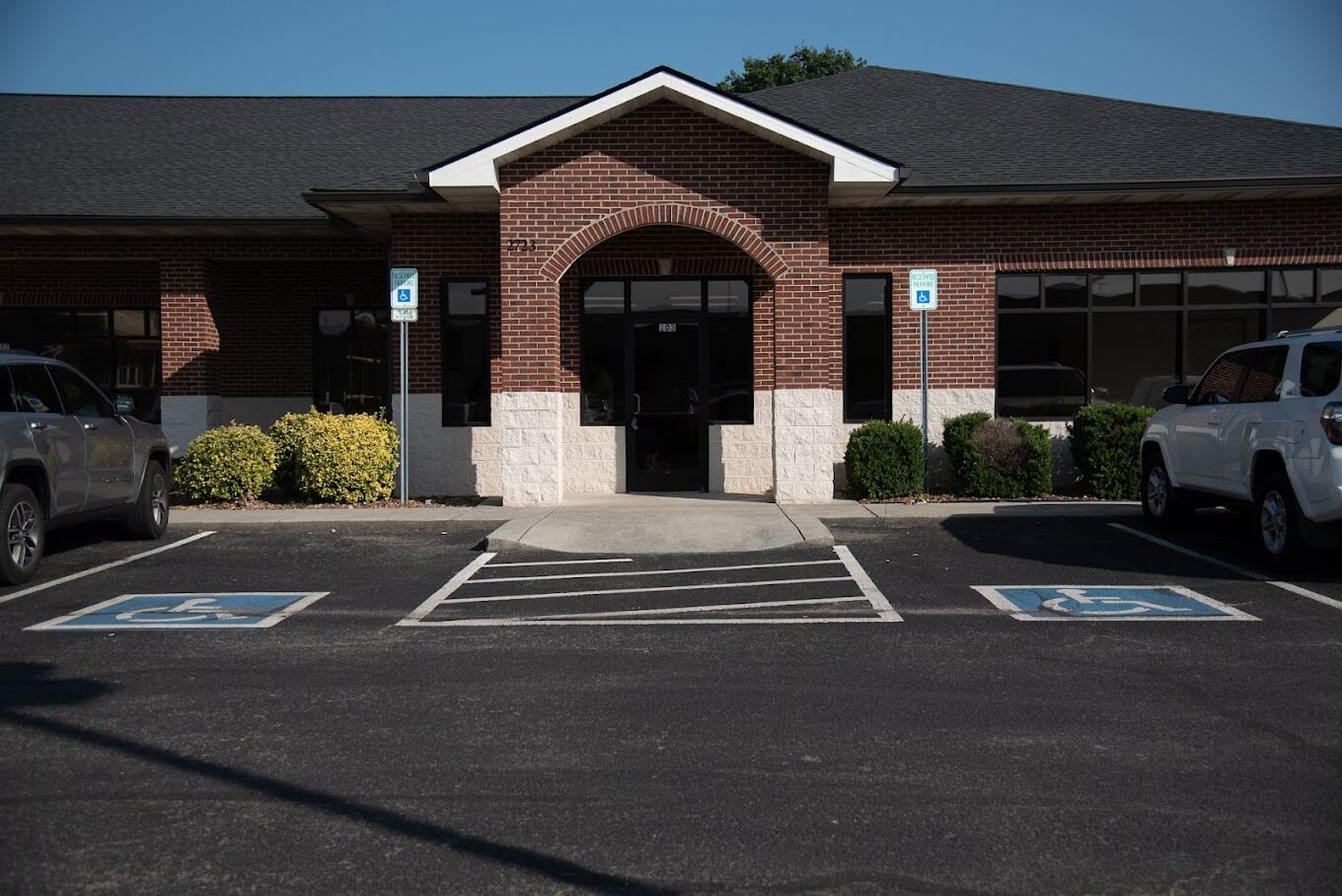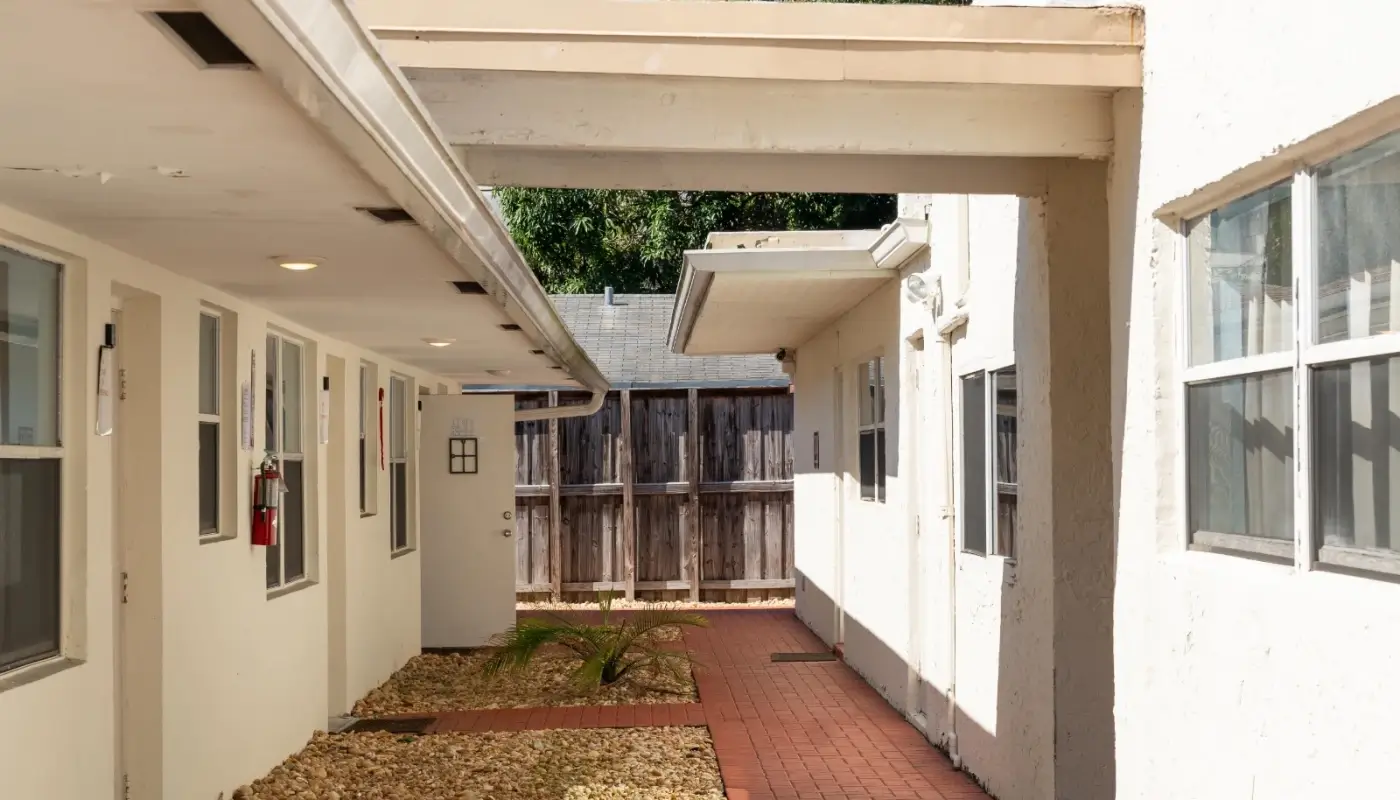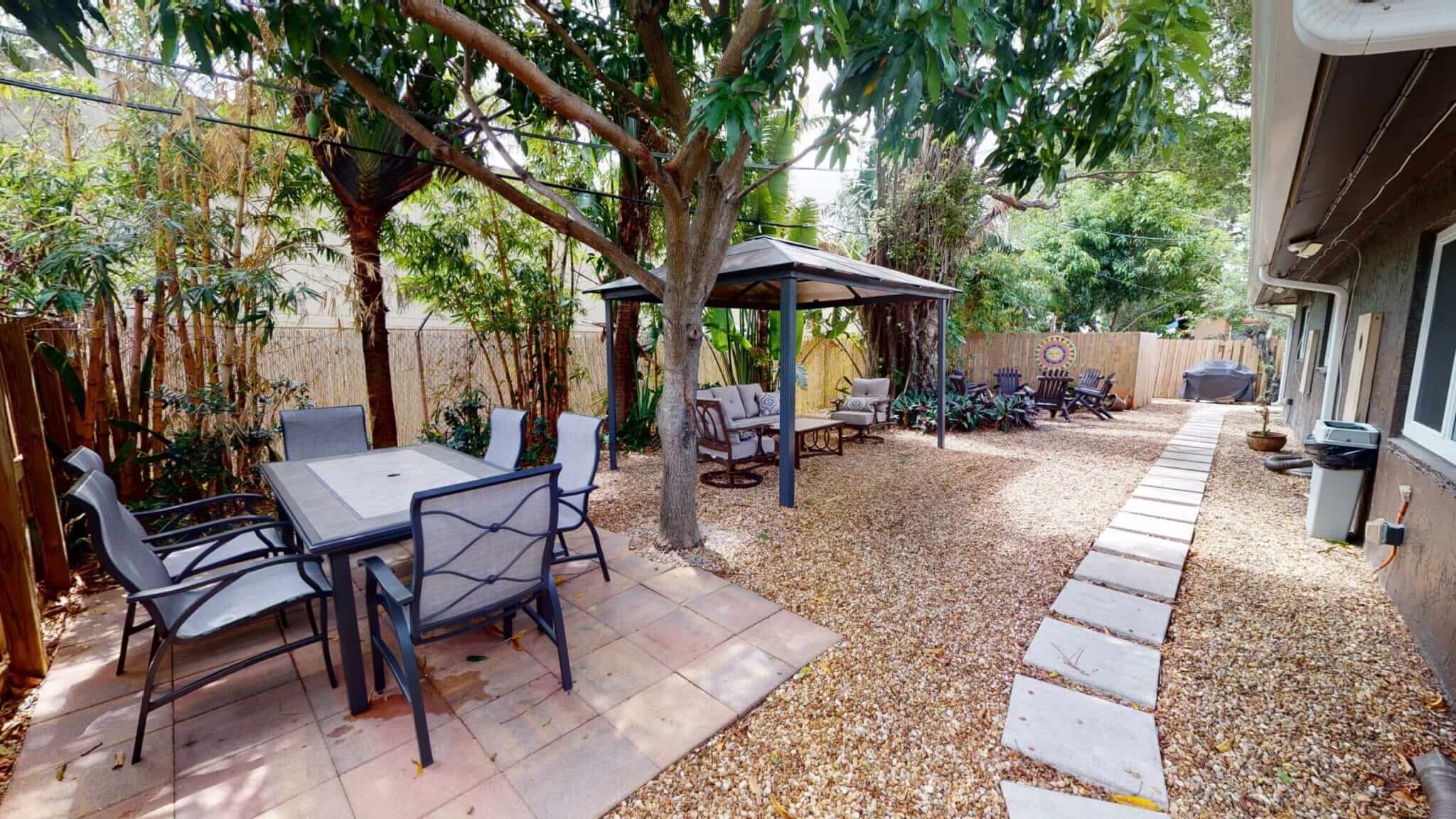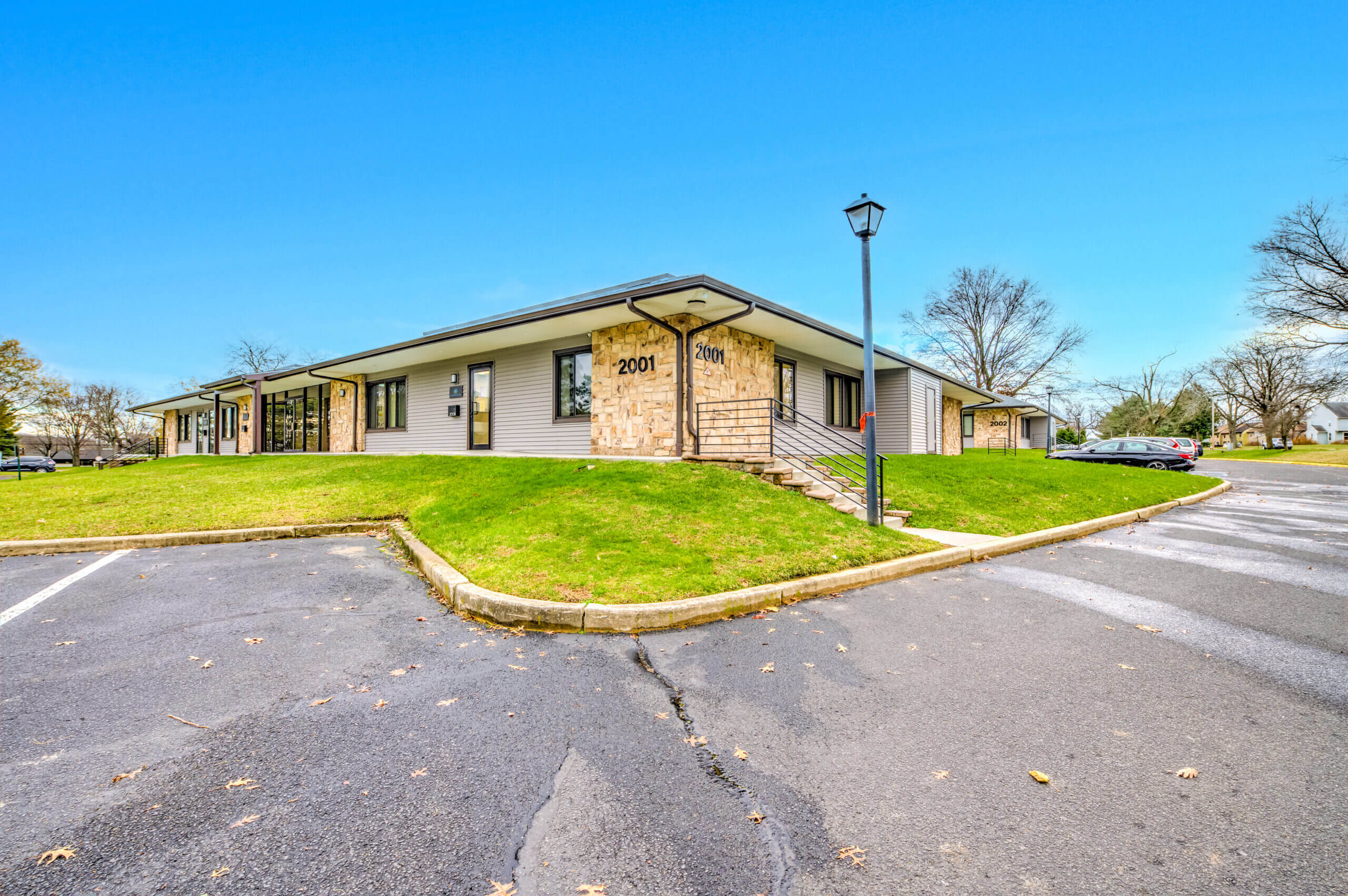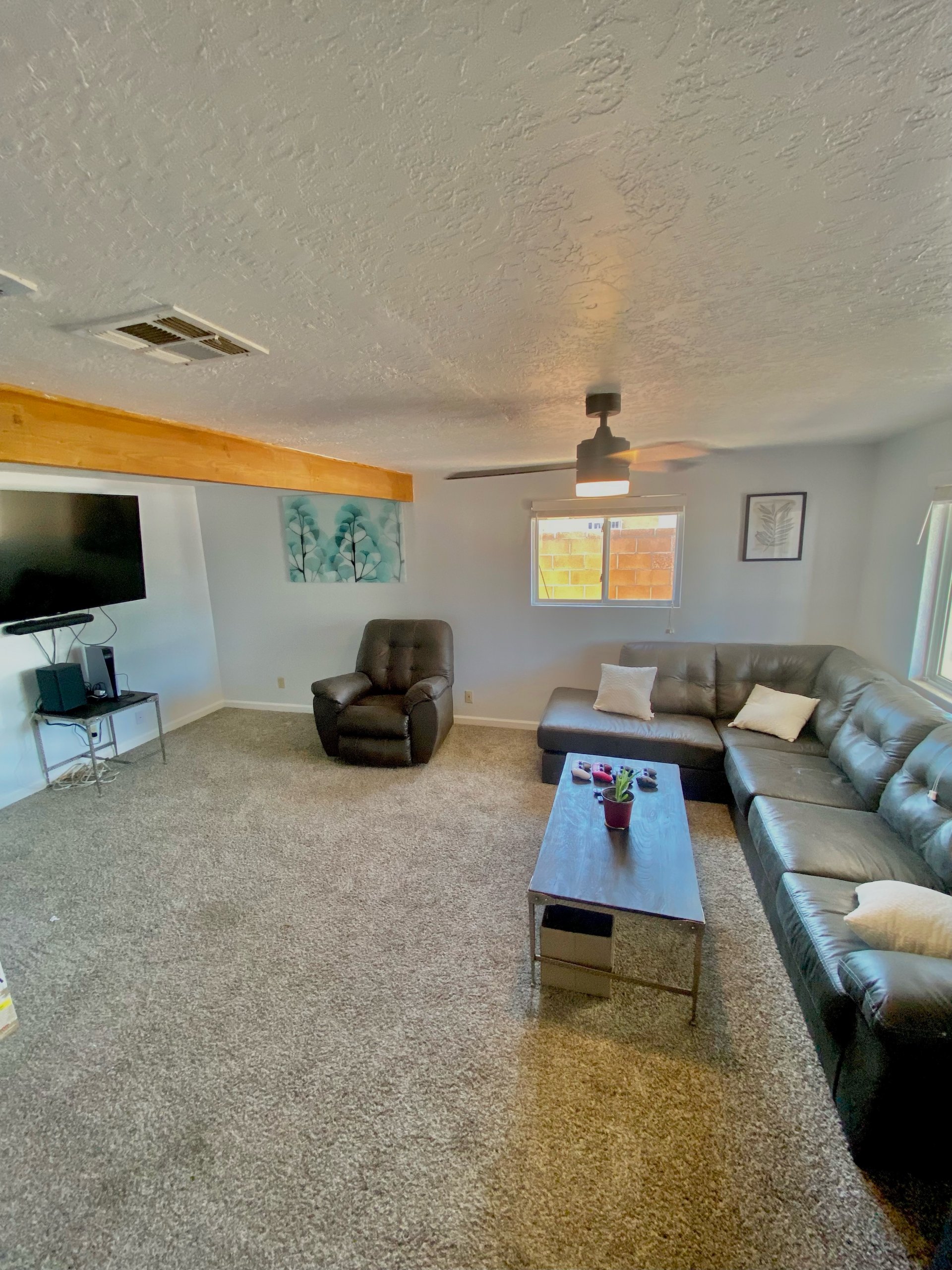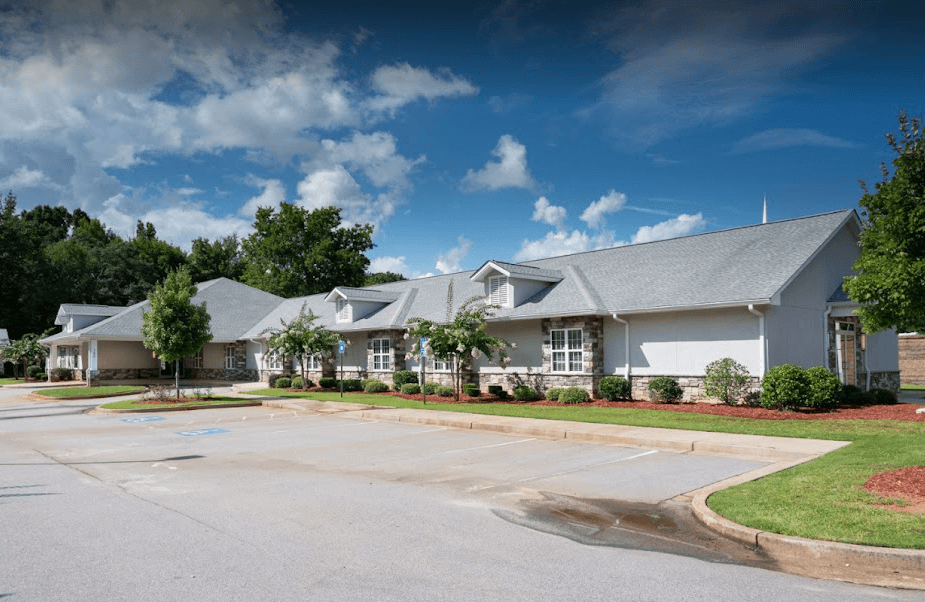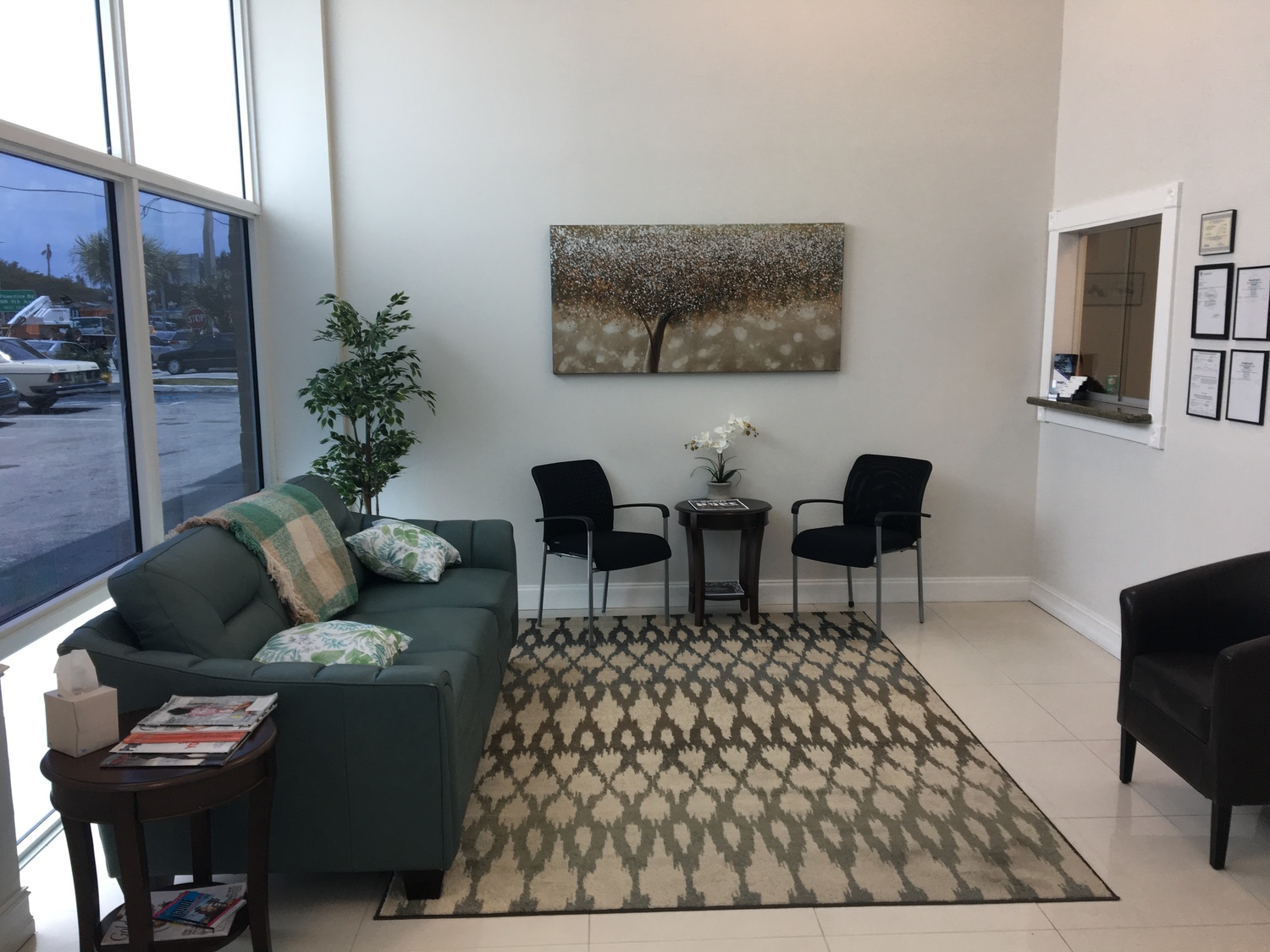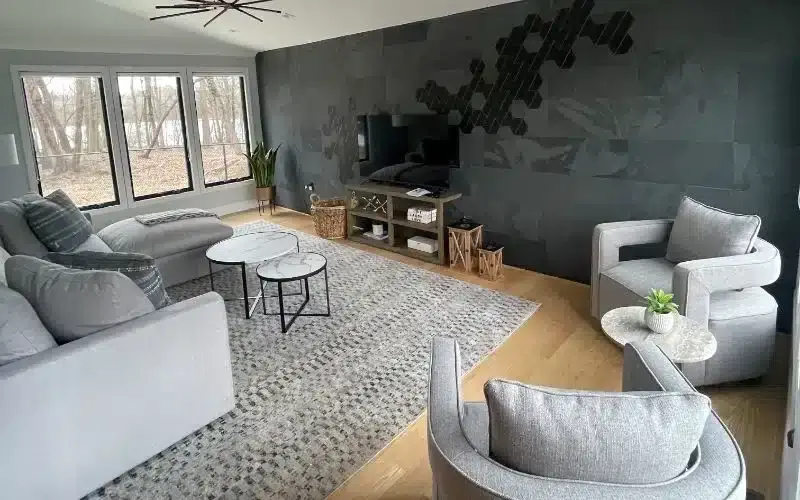
Medication-Assisted Therapy for Drug & Alcohol Abuse
What is Medication-Assisted Treatment?
The Best
Treatments For You
Get confidential and professional help for substance abuse & mental health conditions right now.
Get Confidential CallbackWhat Are the Benefits of Medication-Assisted Therapy Services?
Managing Withdrawal
Managing Cravings
Let Find Luxury Rehabs connect you with trusted names in recovery!
What Medications Are Used to Treat Drug and Alcohol Addiction?
Recovery with medication-assisted treatment for addiction is not a one-size-fits-all situation. The medication you take might differ from someone else. When you take them could vary as well. Research suggests that MAT for addiction can increase your chances of long-term sobriety by minimizing your withdrawal system and mitigating the cravings that are integral to most relapsed situations.





